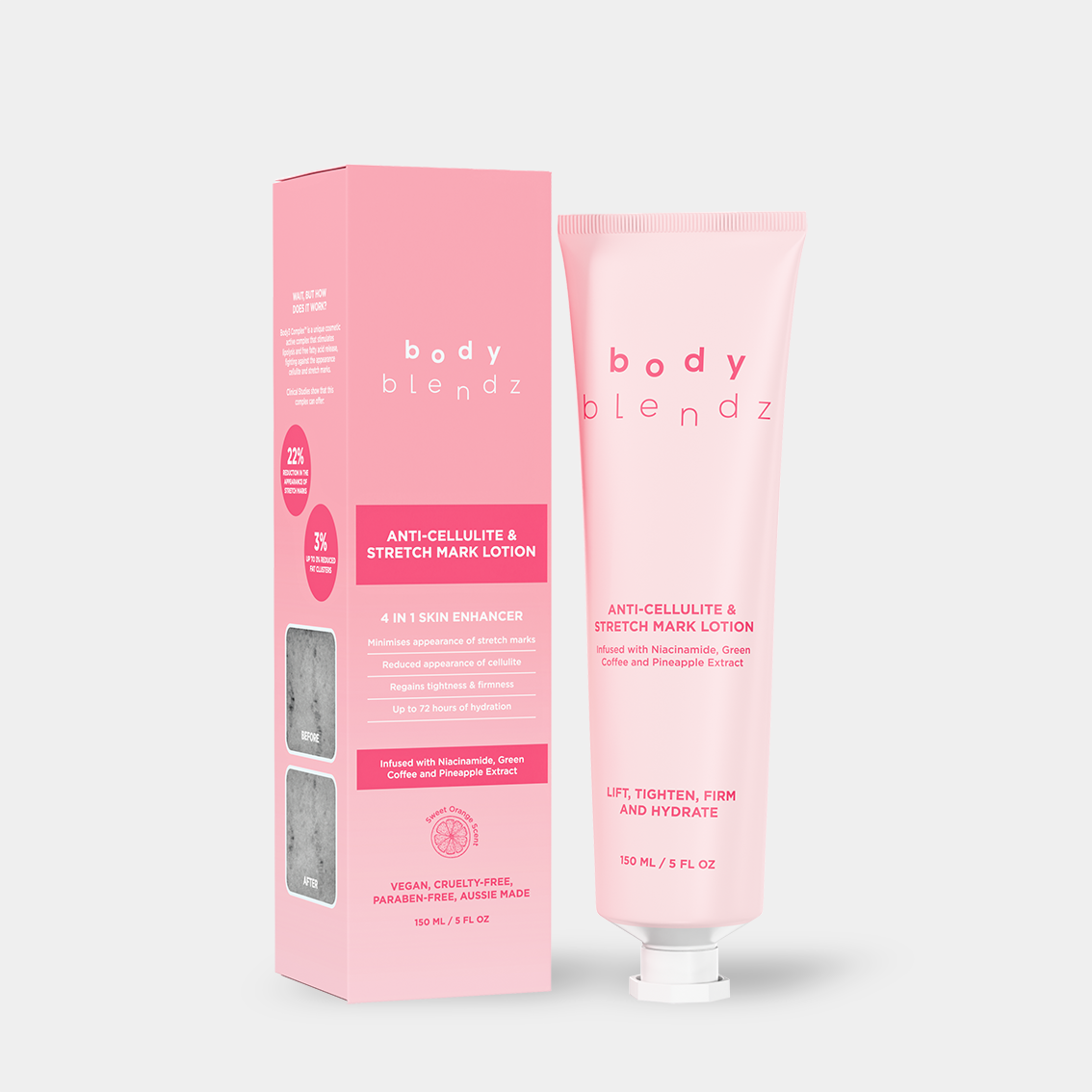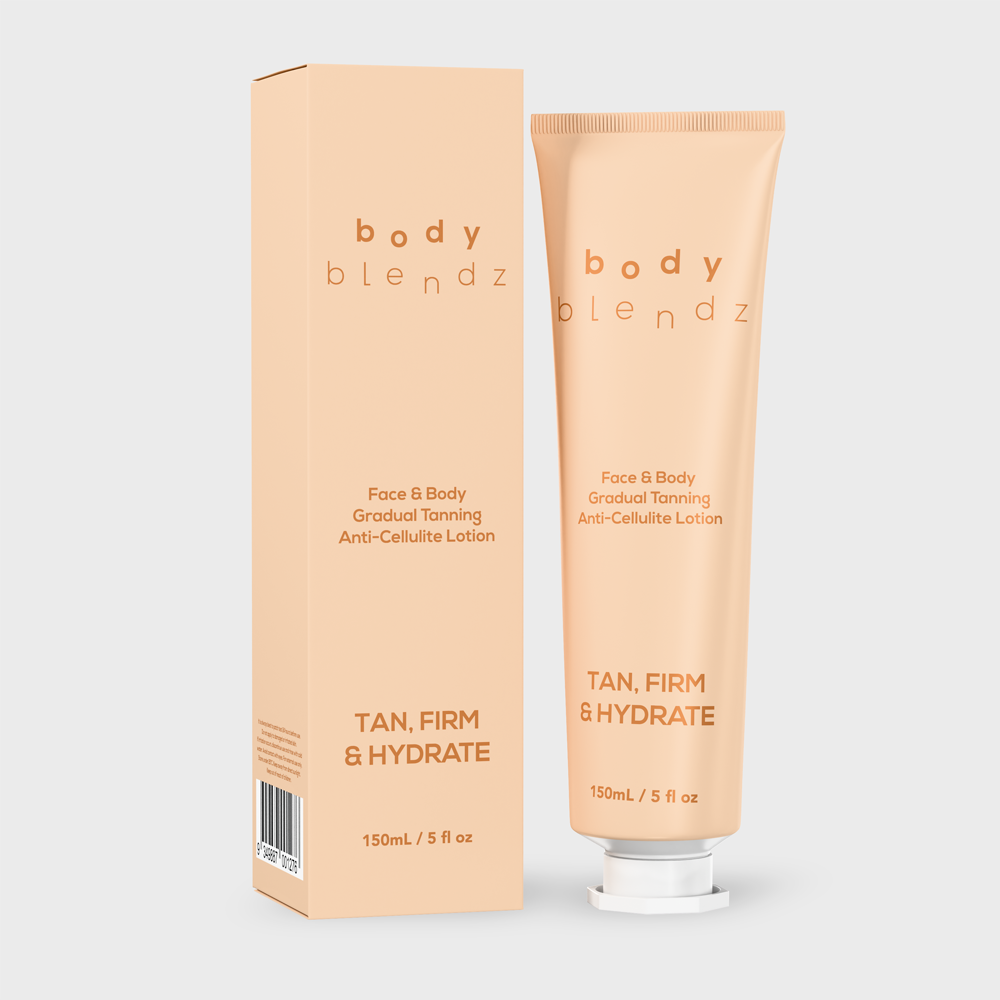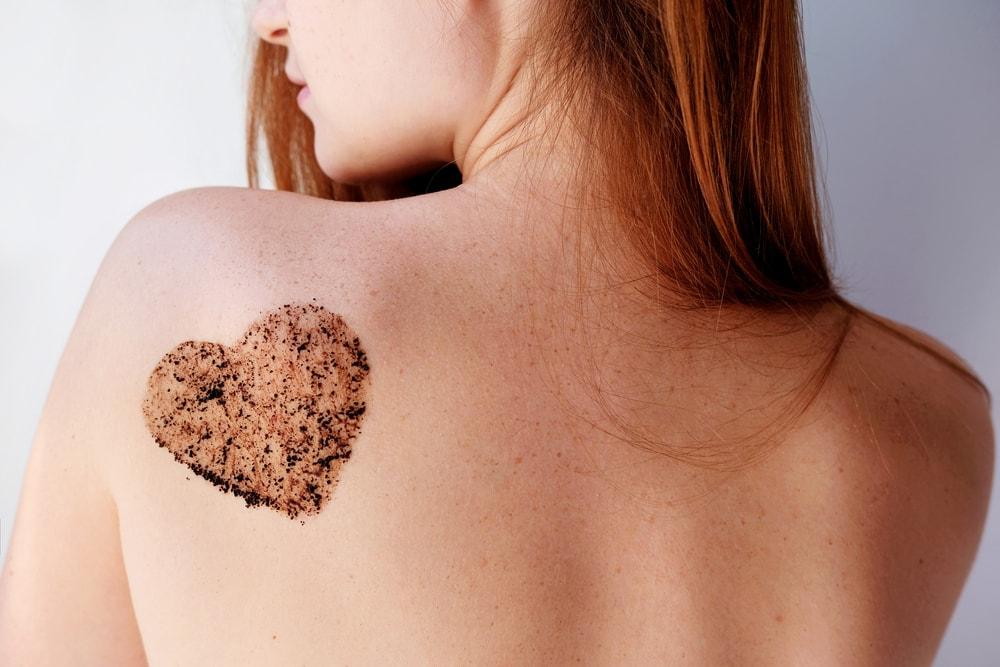The Five Major Skin Personalities

And how to shower them with TLC
With today’s myriad of skincare products, most of them touting to be the best for your skin - some with ridiculous price-tags attached to them, you would undoubtedly be left standing at the skincare aisle seemingly lost and confused. Understanding your skin type is valuable, not only in knowing which products will benefit you most but also in knowing how to properly pamper your skin.
Slather the wrong kind of emulsion on to your particular skin type, and it would throw a tantrum and have a breakout. Sometimes staying in this defiant stage for weeks and even months. To help avoid unpleasant skin disorders, accidental or otherwise, we’ve outlined the 5 different skin types, their identifying characteristics, and suggestions on how to care for them.
NORMAL SKIN
If you have normal skin, you do not describe your skin as oily or dry. While there may be occasional oiliness or dryness, a majority of the time your skin has a good balance of oil and moisture. Your pores are small and not easily visible, you have few wrinkly patches and minimal breakouts. Your skin tone is generally even.
However, having normal skin doesn't mean having perfect skin - you do deal with the occasional blemish and other skin issues. And your skin may change over time as you deal with stress or life events which include monthly period, pregnancy and menopause.
Care: Even though you consider yourself lucky to have normal skin, taking care of your skin should still be a priority. Skin can change types without warning. To keep your normal skin happy and content, cleanse and moisturise twice daily. Use products that are not too moisturising nor too drying. Fortunately for you, having a normal skin type means having a wide variety of products and ingredients you can use without much trouble. Natural ingredients that work well with normal skin types include coconut oil, sunflower oil, and aloe vera.
OILY SKIN
Your skin likes to shine - in all sorts of wrong ways. And it won’t ever stops shining. It shines with a perennial film of oil. Any make-up you apply dissolves in this film in less than 30 minutes and you find yourself having to reapply whatever it is that you’ve just applied every so often. You may or may not have severe acne. But chances are, you experience breakouts of some sort more often than not.
Oily skin, yeah, you have it. It is the easiest to identify of all the skin types. You can literally see its identifying ‘sheen’. The good news is, by the time most of your contemporaries start to look dry and mature, you’ll still manage to look gorgeous – even without collagen injections. The overload of oil in your skin right now will give you a more supple, more youthful looking skin that is less prone to wrinkles later on. Silver lining.
Care: Genetic pre-disposition, diet, hormones, and other things contributed to your having an oily skin. Eating fewer greasy food and more fruits and veggies will help greatly in diminishing the oiliness of your skin.
Oily skin is dehydrated. Yes, sounds like an oxymoron. Most oily skin has been dehydrated for some time that they compensate by producing more oil. Lightweight natural oils are best for hydrating oily skin. They nourish and repair without the heavy, greasy feeling.
Use product ingredients that have anti-bacterial and anti-inflammatory properties. A gentle exfoliating product will help clear your pores and balance the texture of your skin. Clay, oatmeal, green tea extract, tea tree oil, jojoba oil are some of the ingredients to look for when shopping for skincare products for oily skin.
DRY SKIN
You can feel tightness in your skin throughout the day, and often your skin may be scaling, flaking and itching. You thought you just used a moisturising soap to wash your face with, but a few minutes later your skin feels as parched as the Sahara. Most likely, you have very little detectable pores, if any, but you may be experiencing pre-mature wrinkling.
Care: Getting rid of layer(s) of dead skin is needed to be able to deliver moisture into the cells. You do not want to have the much needed hydration just sit on top of your skin. Gentle exfoliation with moisturising >collagen masks or mild, natural scrubs rather than with heavy chemical abrasives are most suited to dry skin. Macadamia oil, olive oil, hyaluronic acid, and marine algae are best for dry skin.
COMBINATION SKIN
Sometimes it's not so easy to identify a combination skin type. Often mistaken as oily skin because of the shining T-zone - the region of the face that forms a capital T, from across the forehead and straight down to the nose and chin. If your skin is oily on the T-zone and dry or normal on the cheek area, you have combination skin. The indecisive skin type that's 2 or sometimes 3 skin types at the same time.
Care: Look for ingredients that can handle dynamic skin types such as almond oil, grape-seed oil, jojoba oil, and aloe vera. Dealing with 2 or 3 skin types at once can be difficult. If you have both extreme dryness and oiliness, then it's best to use two different moisturisers separately on the respective areas.
SENSITIVE SKIN
Inflamed much? Your skin just flares up with just a drop of some thing or even a smidgen of ANY thing. Sensitive skin can be tricky to manage. You can have dry or oily and maybe even combination skin, but with the added hassle of easily triggered puffiness, redness and other irritated skin symptoms.
Care: You often don't know which product(s) causes your skin to be whiney and grumpy. Although you may be dying to apply the latest product you just bought, with your sensitive skin, it is important to patch test first. Test one formula at a time, so you can see if your skin is alright with whatever product you’re testing. And you’ll know this by having no visible or sensory adverse reactions. It will typically take 24 hours, but may take up to 72 hours to see if your skin won’t go sour on you. If you’re testing for a face product, try a patch on the side of your neck or behind your ear. For the body, you can test the area behind your knees or on your belly. This patch test should be practiced for both skincare and make-up products.
You may need to consult your dermatologist if you suffer from rosacea and/or eczema.
Stick with natural. No parabens, sls, mineral oil, artificial fragrance, talc and all of those baddies. Oatmeal, aloe vera, chamomile, calendula extract, marshmallow extract, shea butter and all such natural goodies will placate your sensitive skin. Go for masks, rather than scrubs for exfoliation.
TLC for Happy Skin
Pamper your skin with tender loving care by giving it proper hydration inside and out. Watch what you eat and how it affects your skin. Make adjustments as necessary. The same goes for products that you use on your skin. Always go for natural skincare and make-up. Whichever skin type you have, handle your face gently - your skin will be grateful for it. And finally, try to release stress often. A happy heart always shows itself on the skin of your face.
![]()
Sugar Glow Coffee Scrub |
Body Glow Exfoliating Hydrator |












